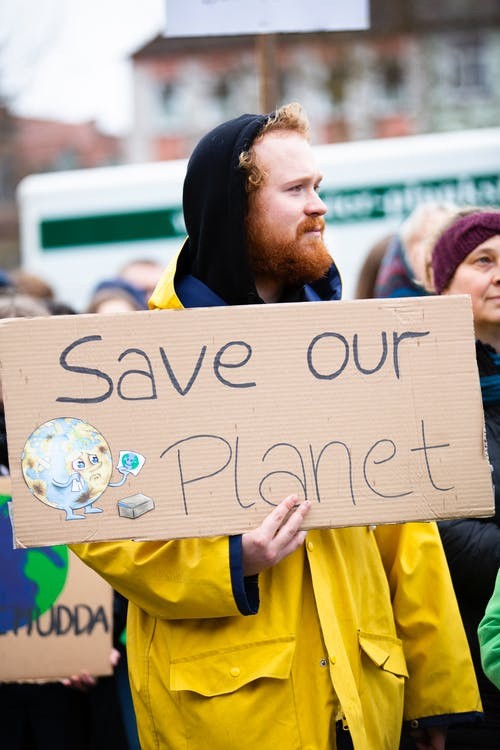
Climate change and global warming are arguably the greatest environmental challenges facing humanity. As average global temperature increases, it has led to rising sea levels, more frequent and intense heat waves, and the disruption of the ecosystem that threatens the existence of many plant and animal species.
However, recent research is beginning to suggest that global warming might make us more susceptible to crimes. The report combined government data about yearly temperature with statistics on the number of violent crimes committed between 1950 and 2008. This finding is scary given that many of our actions are accelerating the rate of climate change. This post explores how global warming may increase the number of crimes.
The Psychological Impact of Increased Temperature on Humans
Hot temperature makes people cranky and irritable and as global temperature rises, more people are going to be affected. The impact of such is explained by the 'temperature-aggression hypothesis', which posits that individuals experiencing physiological heat stress are more likely to read personal interactions as aggressive than individuals not experiencing heat stress. Unfortunately, this aggressiveness is likely to result in violence. Therefore, increased violence translates to increased crime rates and consequently my hypothesis is that when people (e.g. those based in Australia) are making the application for national criminal history record check: full disclosure, the criminal history checks will show a greater level of criminal activity that is linked directly with the increase in global warming temperature rates throughout the country.
Global Warming Impact on Human Interactions
There is a litany of indirect impacts global warming can have on the way we interact. Here are some of the notable instances to consider.
- Warmer Winters
During warmer weather, people tend to go out more often, which leads to more social interactions. That's why the crime rate is typically more in summer than in winter.
Global warming has led to changes in weather patterns that are causing us to experience warmer winters. If this continues, it would lead to increased interactions in winter, which will cause the crime rate to grow.
- Eco-migration
Eco-migration is migration forced by some cataclysmic environmental event. Our planet is reacting to the rising temperature in ways that can cause grave consequences for humans. For instance, rising sea levels mean there's going to be more flooding in coastal areas. Residents of such areas will have to migrate to other places. The increased interaction in their new destination may lead to a spike in the crime rate. This phenomenon was observed in the United States after Hurricane Katrina, where many people moved from New Orleans to Houston. Shortly afterward, Houston saw a spike in the number of homicides, which officials attributed to clashes between gang members from both regions.
- Poverty, Food Insecurity, and Malnutrition
Global warming has contributed to drought in many areas. Poorer countries are particularly vulnerable to global warming because they lack the technological sophistication to sustain their agricultural production. Poverty, food insecurity, and malnutrition may lead to violence-prone individuals.
Conclusion
Many experts agree that elevated ambient temperature leads to increased psychological dysfunction, emotional stress, aggression, and higher levels of violent crimes. This shows that the impacts of global warming might be more pernicious than we ever imagined. It's high time we took drastic measures to decelerate the rate at which humans are contributing to climate change. In the end, we can only expect that background checks like police checks will be more populated due to the direct and indirect effects of climate change.
© 2026 NatureWorldNews.com All rights reserved. Do not reproduce without permission.





